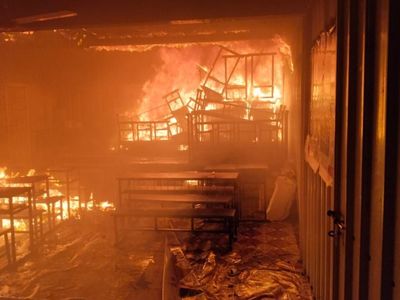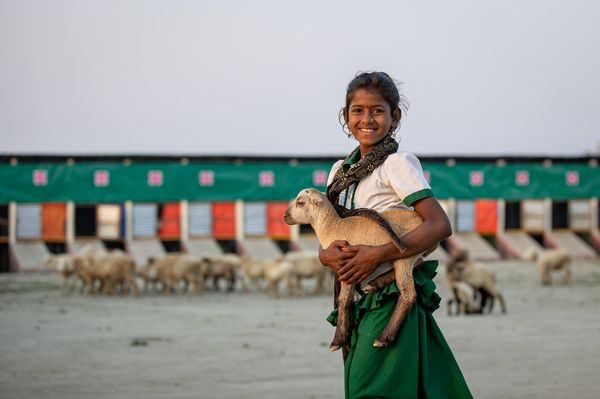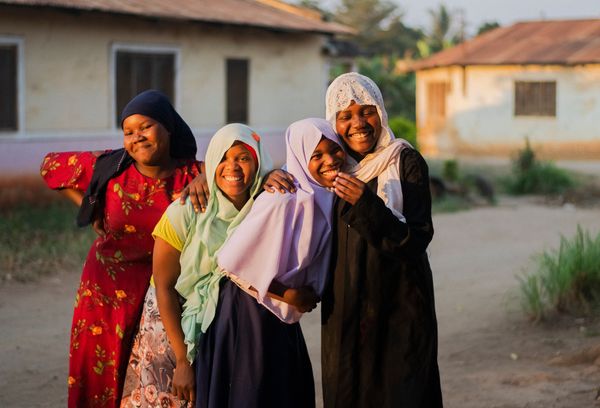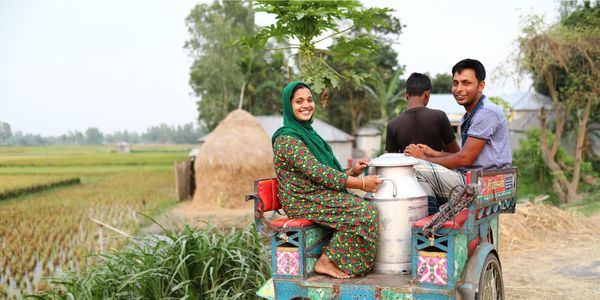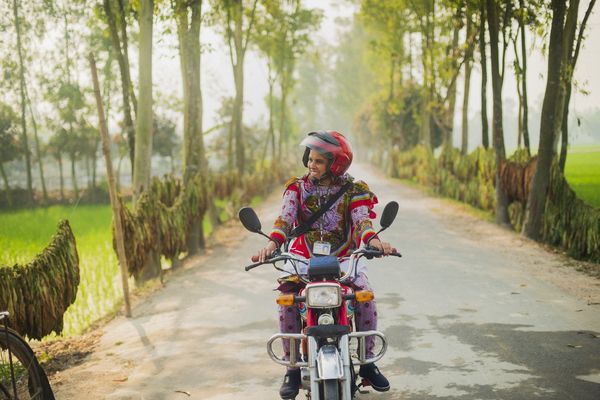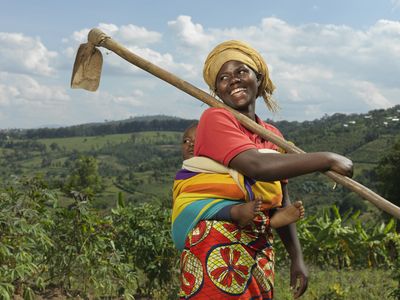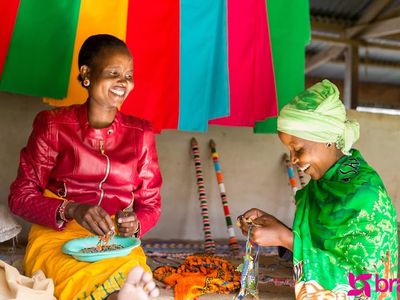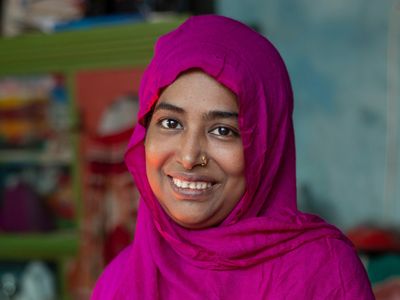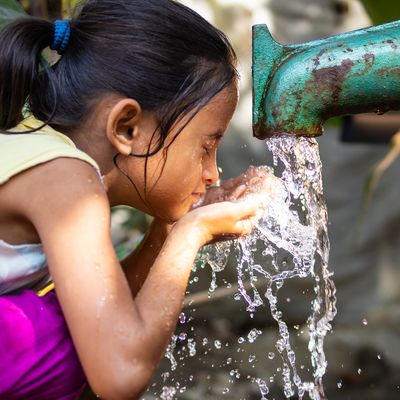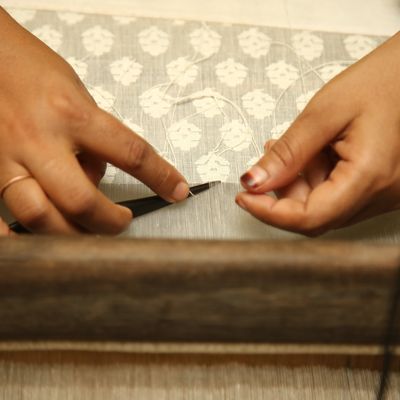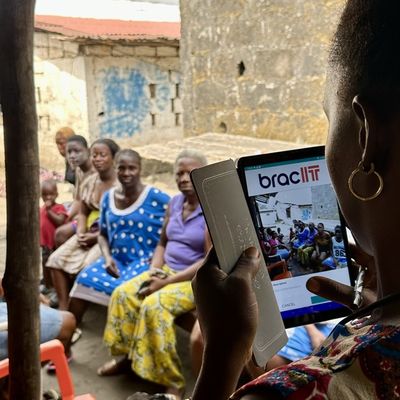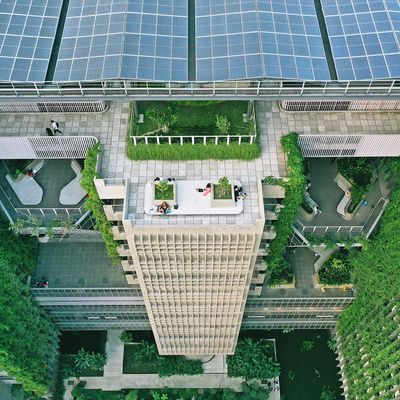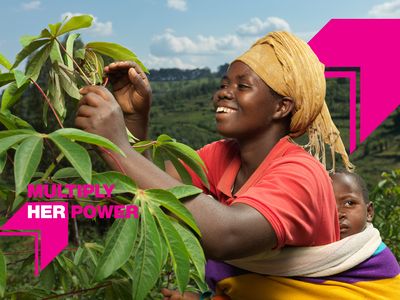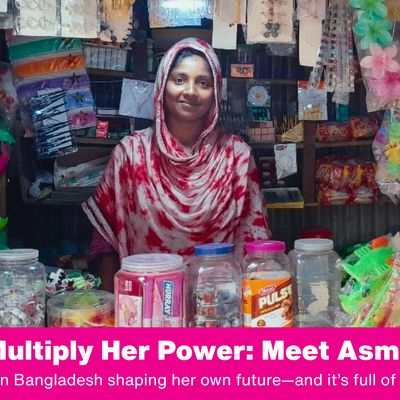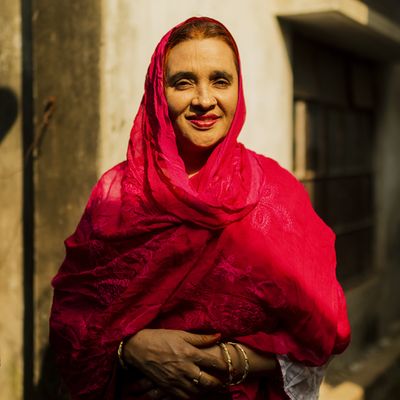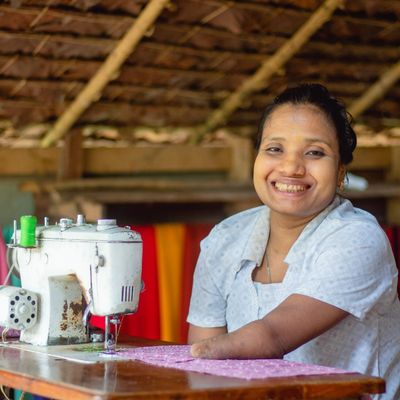Proven solutions to end poverty
There's always a way when we move beyond aid and focus on potential.
Unlocking potential
Who we are
BRAC is a global leader in pioneering and scaling proven poverty solutions. Founded in 1972 in post-war Bangladesh as a small relief effort, we are now the world’s largest Global South-led development organization. We equip vulnerable people with the tools, opportunities, and skills to lift themselves out of poverty and reach their potential. Our holistic, entrepreneurial approaches operate across Asia and Africa, and have reached over 145 million people.
Our solutions ecosystem
Development & humanitarian response
BRAC's programs create sustainable pathways to economic and social empowerment for people living in poverty.
Social Enterprises
BRAC's social enterprises meet clients' needs while generating income to support our programs.
Investments
BRAC invests in socially responsible enterprises that expand access to services such as education, healthcare, financial inclusion, and technology.
BRAC University
BRAC University is forging the next generation of leaders and doers.
Global impact
Born in the Global South, working through Africa and Asia
Multiply her power
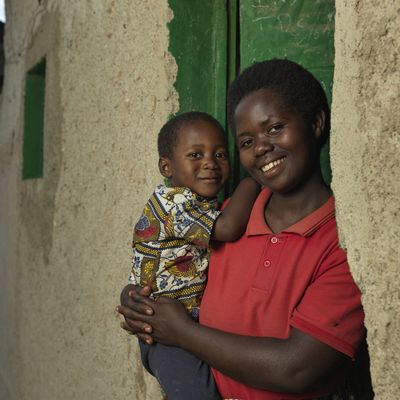
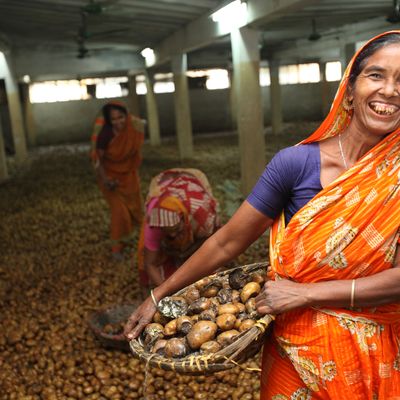
Invest in women. Watch it multiply.
When you invest in women and girls through BRAC, your gift doesn’t stop with one life—it multiplies across families, generations, and communities.
Donation options
Your most generous donation
Your most generous donation
Explore impact stories
Featured programs
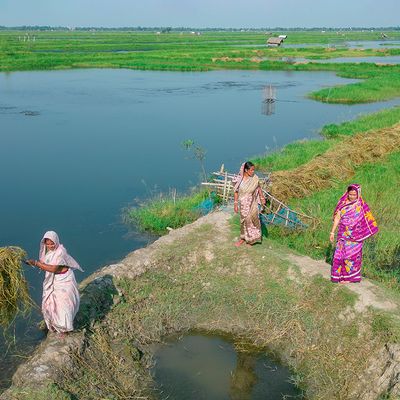
Featured programs
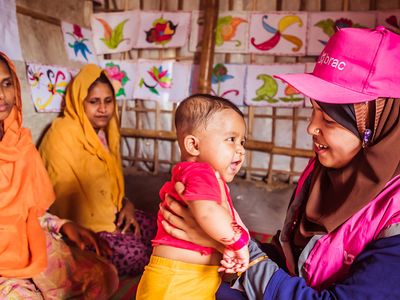
Rohingya refugee crisis
Nearly a million Rohingya people uprooted by violence and conflict in Myanmar now shelter in refugee settlements in Cox's Bazar, Bangladesh. More than half are children. BRAC Is helping meet the urgent and long-term needs of affected families, providing vital shelter, clean water, sanitation, health care, education, and protection.
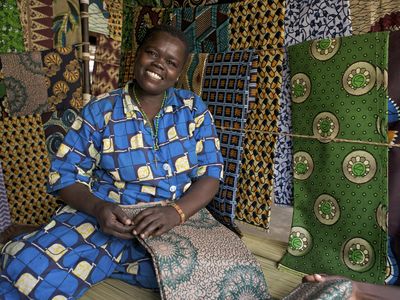
Ending poverty
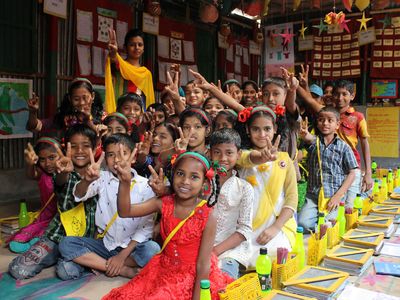
Investing in future generations
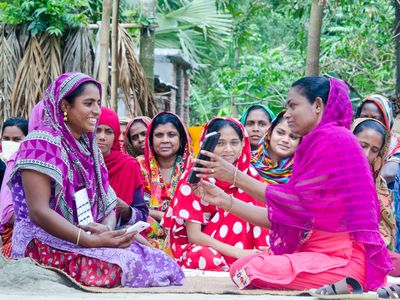
Expanding financial inclusion
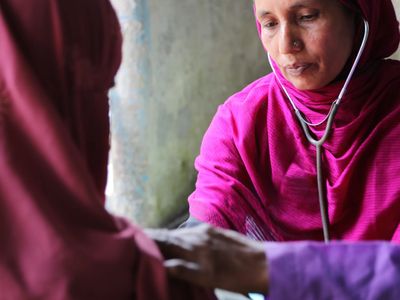
Improving health
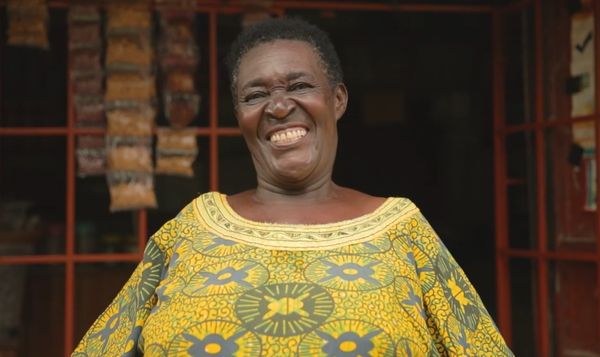
Sign up for good news.
Join our email list to receive the latest BRAC news and stories in your inbox.
Latest news
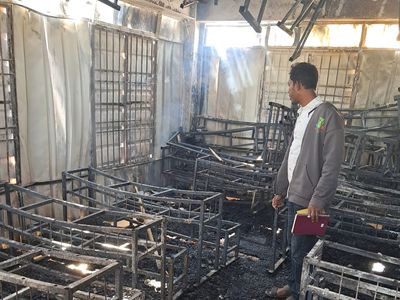
Video: BRAC responds to fire emergency in Rohingya refugee camps
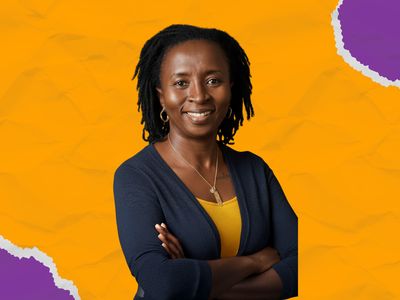
Interview with Anne Mutta: “At the end of the day, it is about voice, agency, and choice”
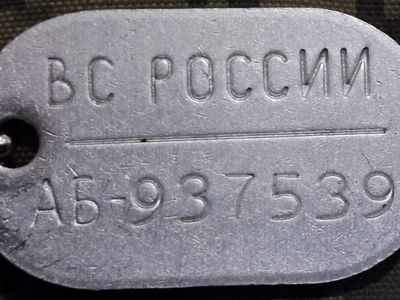
AP | Workers from Bangladesh sought jobs in Russia but instead got sent to combat in Ukraine
